What is your view of the political stalemate in Spain?
By the time this interview is published the situation may well have changed significantly, so it’s not easy to say. At the time of writing (late January), the possibility of forming a lasting coalition government looks unlikely, although I suspect that something temporary may be cobbled together at the last minute to save face. This feels like a transitionary phase in many ways. My hope was that the December elections would usher in a new generation of politicians and help sweep away the old guard – of both persuasions. That only happened partially, and so now we are in an almost Italian-style tangle, with everyone jostling for position, their eyes focused on winning votes at future elections. In this kind of environment, political groupings can disappear overnight if they play their hand wrong (look at UPyD and what has almost happened to IU), so everyone seems to be concerned far more about their own survival than the greater interests of the country. Perhaps a more important question is how things might develop politically if there is a renewed economic slump, as some are predicting. My fear is that extremist views would become increasingly popular.
Does this tie in with your latest novel, ‘A Body in Barcelona’?
Spain is currently facing multiple existential crises, not least of which is the Catalan situation. This is the backdrop to ‘A Body in Barcelona’. Catalonia appears to be edging ever closer to some kind of break with Madrid. I no longer see it as a question of ‘if’ but ‘when’. Given that, I wanted to explore how certain sectors of Spanish society might behave in such a scenario, what the reaction to Catalan independence moves might be within, for example, the military. The novel begins with my detective Max Cámara investigating the murder of a young boy in the huerta just north of Valencia, but the story quickly expands to other parts of the country, with episodes in Ceuta and ultimately in Barcelona, and an explosive finale inside the Sagrada Familia.
Could you tell us about your latest e-book, ‘Spanish Ways: Exploration of an Enchanted Land’?
It’s a collection of essays, articles and short stories about or set in Spain. Most have appeared before in various newspapers and magazines, but I wanted to put them together, as much as anything else out of curiosity. I’ve been writing about Spain in one form or another for almost 20 years, so I wanted to see if my views about the country had changed in any way. What I noticed was that although my interests widened and deepened over time – exploring, for example, the Spanish Civil War, the legacy of the Moors, the finer points of paella-making or traditional folklore and legend – the essence of my initial attraction to Spain remained constant, like some bright star. Spain has a subtle, resonant poetic power that speaks to something within me yet which can perhaps never be clearly delineated or de ned. Every aspect of the country that I have explored feels like a small patch or section of something much greater, like tiny squares in a mosaic. If you put them together it may be possible to intuit something of the ‘whole’ of which they are mere ‘parts’.
Is digital the future regarding publishing and can the printed book survive?
Yes, the printed book can and will survive. I know more and more people who are ditching their e-book readers and going back to proper books. Personally I’ve stuck with the printed word all along, despite having published a couple of e-books now. This is not an article of faith or a ‘position’ I’m taking, simply an observation that screens are ubiquitous today, filling our world and minds with fairly low-quality noise. Books provide oases where we can find some degree of silence; they have the ability to produce a space within us where we can begin to hear our own inner, quieter voices – the ones that tend to get drowned out in all the hullabaloo. Which is probably why novels, particularly, are tending to get longer these days. Paradoxically, I find the more I turn screens off, the more aware I am of what’s really going on in the world. As a catchphrase, you might express the idea as: “Switch off and tune in.”
Interview by Will McCarthy
Article copyright ’24/7 Valencia’
Related Post
This site uses Akismet to reduce spam. Learn how your comment data is processed.


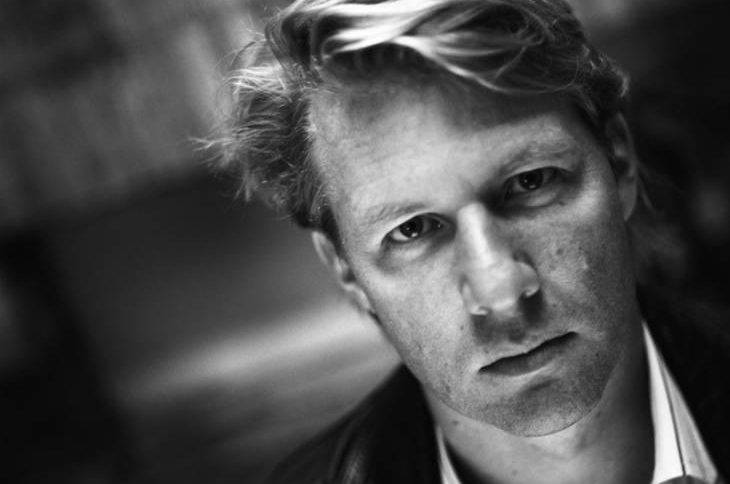
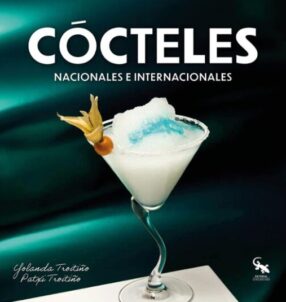
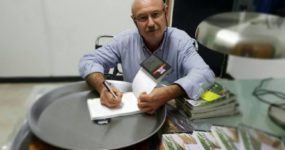
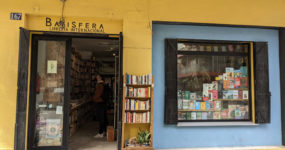

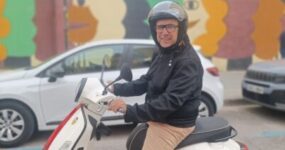


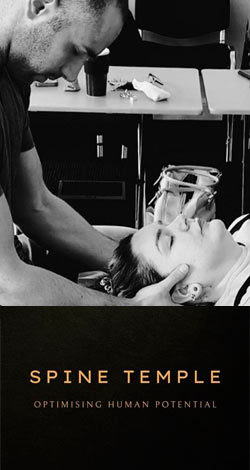















Leave a comment